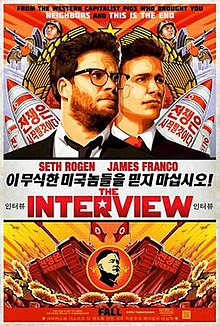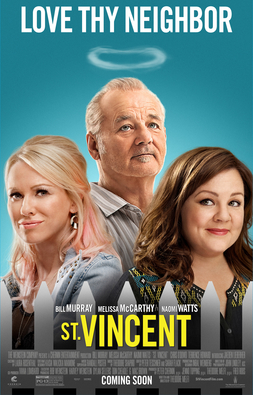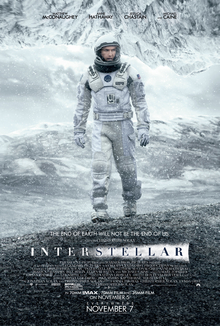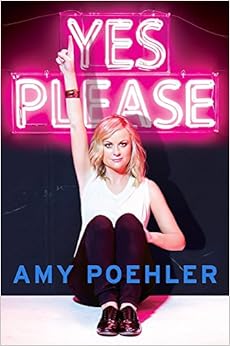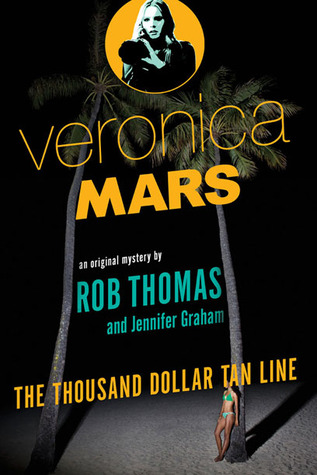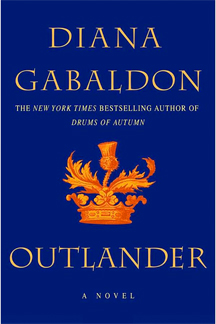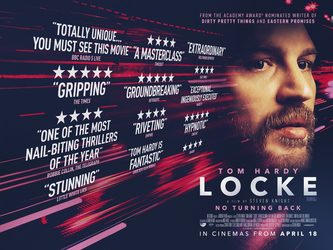.jpg/220px-Into_The_Woods_(film).jpg) After watching Into the Woods, I have been humming the songs non-stop. Given the twisty deviousness of Stephen Sondheim's lyrics, I am as yet incapable of actually singing the songs, but that will be my New Year's resolution. I downloaded the entire soundtrack and I believe if you just listened to it, you would barely miss a beat of the plot. The entire movie consists of talk-singing and is simply one of the most splendid spectacles you could witness in a theater this winter.
After watching Into the Woods, I have been humming the songs non-stop. Given the twisty deviousness of Stephen Sondheim's lyrics, I am as yet incapable of actually singing the songs, but that will be my New Year's resolution. I downloaded the entire soundtrack and I believe if you just listened to it, you would barely miss a beat of the plot. The entire movie consists of talk-singing and is simply one of the most splendid spectacles you could witness in a theater this winter.Into the Woods features an all-star cast, who, unlike the cast of Annie, are actually all good singers. The only disappointment in the bunch is Johnny Depp, in a woefully misguided bit of stunt casting as The Wolf. Thankfully, he only has one song before he is quickly dispatched. James Corden and Emily Blunt are unsurprisingly delightful as the Baker and his wife, the childless pair who have to set off on a scavenger hunt to retrieve items for the Witch (Meryl Streep) who lives next door. The items they seek will be found in the woods, where they will run into four well-known fairy tale characters: Cinderella (a simply marvelous Anna Kendrick, who is proving that her Tony nomination at the age of 12 was no fluke); Jack, of Jack and the Beanstalk fame (Daniel Huttlestone); Little Red Riding Hood (Lilla Crawford), and Rapunzel (MacKenzie Mauzy).
Every actor is bringing their A game (the young ones are particularly talented, singing effortlessly and giving the veterans a run for their money) and they throw a wealth of expression into every song, bringing out humor and gravitas, fear and romance, and every emotion in between. I was going to enumerate which of the songs stood out in particular for me, but quickly realized I was just going to name all of them. There is such a variety of emotion and skill on display, from the hilariously hammed-up rendition of "Agony" by Chris Pine and Billy Magnussen as the two ridiculous Princes in love with Cinderella and Rapunzel, to the heartwrenching "Stay With Me" by Meryl Streep, who just knocks it out of the park. Each song is a mini-story in its own right, and even if this wasn't the most tightly-plotted tale I've ever seen, I wouldn't care because I could just listen to those songs all day.
The first act of Into the Woods is a fairly traditional telling of these fairy tales, where every character gets their happy ending. But Act 2 follows up on what happens after "Happily Ever After" and becomes a truly grim affair. I've never seen the stage version, but having read a plot summary, the movie is certainly somewhat Disney-fied: there are fewer deaths, certain narrative devices have been dropped for the sake of cinematic clarity, and several songs were cut for time. And yet, screenwriter James Lapine, who wrote the book for the original musical, has done a beautiful job of translating this tale to screen and bringing it to a wider audience. Director Rob Marshall, the man responsible for the modern revival of movie musicals, is the ideal person to wrangle together this enormous cast and tell this larger-than-life story. The costumes are wonderful, the special effects are grand, the cast is perfect, the music is impeccable, and the woods are spectacular, alternately imbuing the movie with darkness and light as the plot demands.
Into the Woods is a beloved musical and this cinematic adaptation is a triumphant showcase of the genius of Stephen Sondheim's music and lyrics. The settings and visuals are sumptuous, adding a dimension that you can't get from a simple stage production. This is a lovingly and cleverly crafted piece of art: you could wish for nothing else.
